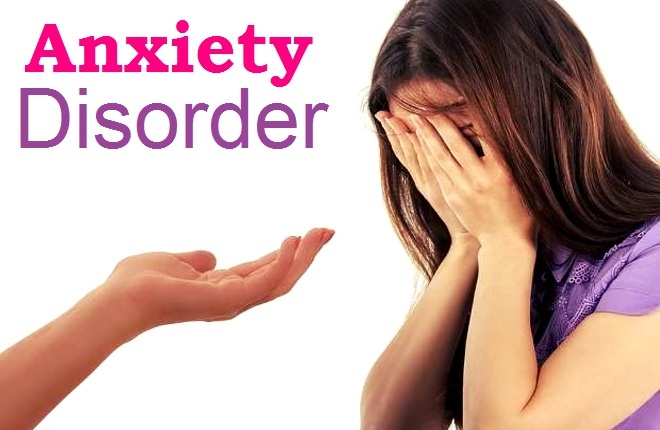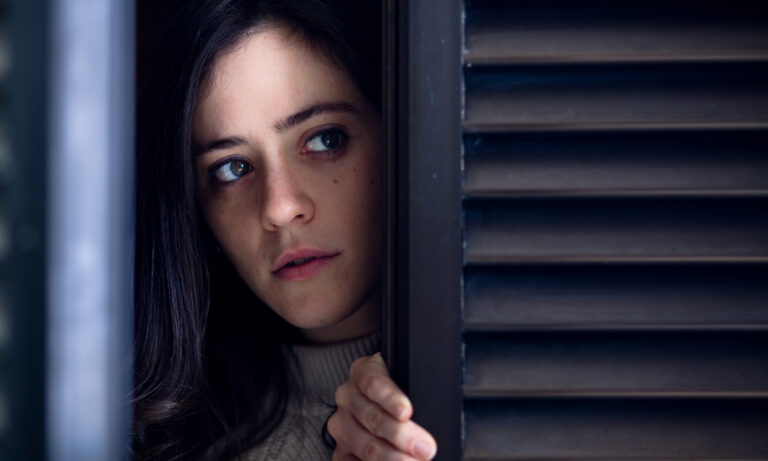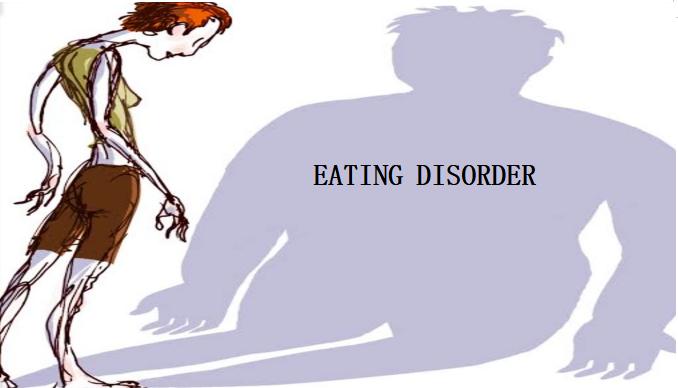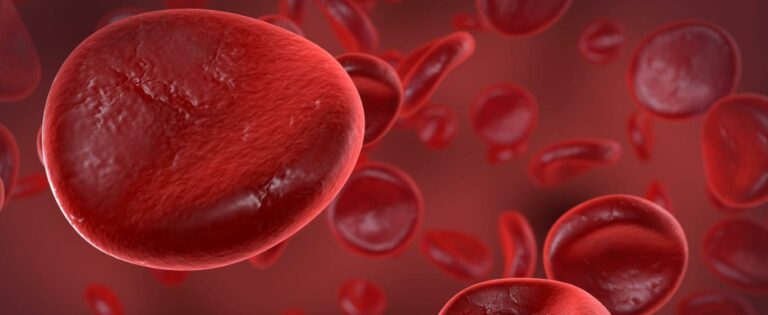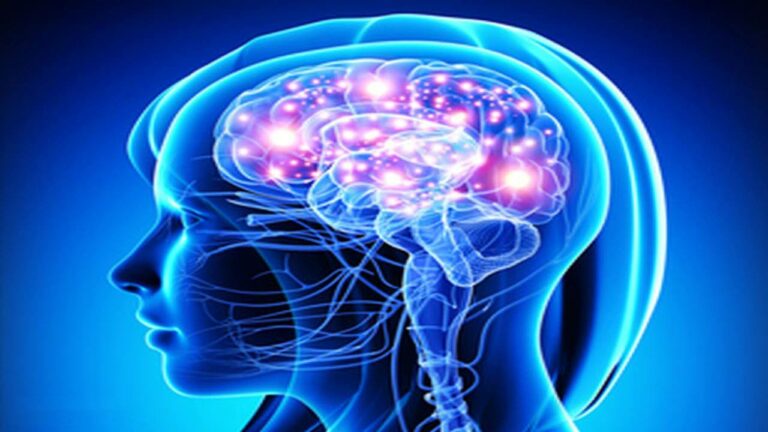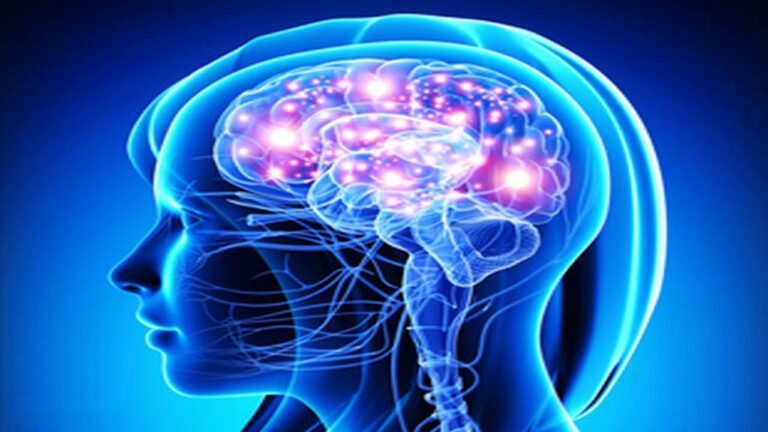Symptoms of Anxiety Disorder
Author: Giselle Robel
Giselle Robel
Category: Health

Symptoms of anxiety become larger than the events that triggered them and It begins to interfere with your life, they could be signs of an anxiety disorder.
With proper help from medical professionals, an anxiety disorder can be managed.
Recognizing the symptoms is the first step.
11 Signs and Symptoms of Anxiety Disorders
1. Excessive Worrying
One of the most common symptoms of an anxiety disorder is excessive worrying.
The worrying associated with anxiety disorders is disproportionate to the events that trigger it and typically occur in response to normal, everyday situations.
Worrying must occur on most days for at least six months to consider it as a sign of generalized anxiety disorder.
The worrying must also be severe and intrusive, making it difficult to concentrate and accomplish daily tasks.
People under the age of 65 are at the highest risk of generalized anxiety disorder, especially those who are single, have a lower socioeconomic status, and have many life stressors.
2. Feeling Agitated
When someone is feeling anxious, part of their sympathetic nervous system goes into overdrive.
The manifestation throughout the body, are racing pulse, sweaty palms, shaky hands, and dry mouth.
These symptoms occur because your brain believes you have sensed danger, and it is preparing your body to react to the threat.
Your body shunts blood away from your digestive system and to your muscles in case you need to run or fight. It also increases your heart rate and heightens your senses.
While these effects would be helpful in the case of a true threat, they can be debilitating if the fear is all in your head.
Some research even suggests that people with anxiety disorders are not able to reduce their arousal as quickly as people without anxiety disorders, which means they may feel the effects of anxiety for a long period of time
3. Restlessness
Restlessness is another common symptom of anxiety, especially in children and teens.
When someone is experiencing restlessness, they often describe it as feeling on edge or having an uncomfortable urge to move.
One study in 128 children diagnosed with anxiety disorders found that 74% reported restlessness as one of their main anxiety symptoms.
While restlessness does not occur in all people with anxiety, it is one of the red flags doctors frequently look for when making a diagnosis.
If you experience restlessness on the majority of days for more than six months, it may be a sign of an anxiety disorder
4.
Becoming easily fatigued is another potential symptom of generalized anxiety disorder.
Hyperactivity or arousal is a commonly associated symptom of anxiety, but it’s surprising to some.
For some, fatigue can follow an anxiety attack, while for others, the fatigue can be chronic.
It's unclear whether this fatigue is due to other common symptoms of anxiety, such as insomnia or muscle tension, or whether it may be related to the hormonal effects of chronic anxiety.
However, it is important to note that fatigue can also be a sign of depression or other medical conditions, so fatigue alone is not enough to diagnose an anxiety disorder.
5. Difficulty Concentrating
Many people with anxiety report having difficulty concentrating.
One study, including 157 children and teens with generalized anxiety disorder found that more than two-thirds had difficulty concentrating.
Another study in 175 adults with the same disorder found that almost 90% reported having difficulty concentrating. The worse their anxiety was, the more trouble they had.
Some studies show that anxiety can interrupt working memory, a type of memory responsible for holding short-term information. This may help explain the dramatic decrease in performance people often experience during periods of high anxiety.
However, difficulty concentrating can also be a symptom of other medical conditions, such as an attention deficit disorder or depression, so it is not enough evidence to diagnose an anxiety disorder.
6. Irritability
Most people with anxiety disorders also experience excessive irritability.
According to one recent study, including over 6,000 adults, more than 90% of those with a generalized anxiety disorder reported feeling highly irritable during periods when their anxiety disorder was at its worst.
Compared to self-reported worriers, young and middle-aged adults with a generalized anxiety disorder reported more than twice as much irritability in their day-to-day lives.
7. Tense Muscles
Having tense muscles on most days of the week is another frequent symptom of anxiety.
While tense muscles may be common, it's not fully understood why they're associated with anxiety.
It is possible that muscle tenseness itself increases feelings of anxiety, but it is also possible that anxiety leads to increased muscle tenseness, or that a third factor causes both.
Treating muscle tension with muscle relaxation therapy has been shown to reduce worry in people with generalized anxiety disorder.
Some studies even show it to be as effective as cognitive-behavioral therapy.
8. Trouble Falling or Staying Asleep
Unable to stay asleep is mostly associated with anxiety disorders.
Waking up in the middle of the night and having trouble falling asleep are the two most common problems
Some research suggests that having insomnia during childhood may even be linked to developing anxiety later in life
While insomnia and anxiety are strongly linked, it is unclear whether insomnia contributes to anxiety or if anxiety contributes to insomnia or either of the two.
9. Panic Attacks
Panic attacks produce an intense, overwhelming sensation of fear that can be debilitating.
This extreme fear is typically accompanied by rapid heartbeat, sweating, shaking, shortness of breath, chest tightness, nausea, and fear of dying or losing control.
Panic attacks can happen in isolation, but if they occur frequently and unexpectedly, they may be a sign of panic disorder.
10. Avoiding Social Situations
You may be exhibiting signs of social anxiety disorder if you find yourself:
- Feeling anxious or fearful about upcoming social situations
- Worried that you may be judged or scrutinized by others
- Fear of being embarrassed or humiliated in front of others
- Avoiding certain social events because of these fears
Social anxiety disorder is very common.
Social anxiety tends to develop early in life.
People with social anxiety may appear extremely shy and quiet in groups or when meeting new people. While they may not appear distressed on the outside, inside they feel extreme fear and anxiety.
This aloofness can sometimes make people with social anxiety appear snobbish.
11. Irrational Fears
Extreme fears about specific things, such as spiders, enclosed spaces, or heights, could be a sign of a phobia.
A phobia is defined as an extreme fear about a specific object or situation. The feeling is severe enough to interfere with your ability to function normally.
Some common phobias include:
- Animal phobias: Fear of specific animals or insects
- Natural environment phobias: Fear of natural events like hurricanes or floods
- Blood-injection-injury phobias: Fear of blood, injections, needles or injuries
- Situational phobias: Fear of certain situations like an airplane or elevator ride
Agoraphobia is another phobia that involves the fear of at least two of the following:
- Using public transportation
- Being in open spaces
- Being in enclosed spaces
- Standing in line or being in a crowd
- Being outside of the home alone
The Bottom Line
Anxiety disorders are characterized by a variety of symptoms.
One of the most common is excessive and intrusive worrying that disrupts daily functioning.
Other signs include agitation, restlessness, fatigue, difficulty concentrating, irritability, tense muscles, and trouble sleeping.
Regardless of which type of anxiety you may have, there are many natural solutions you can use to help relieve it while working with a licensed health care professional.







